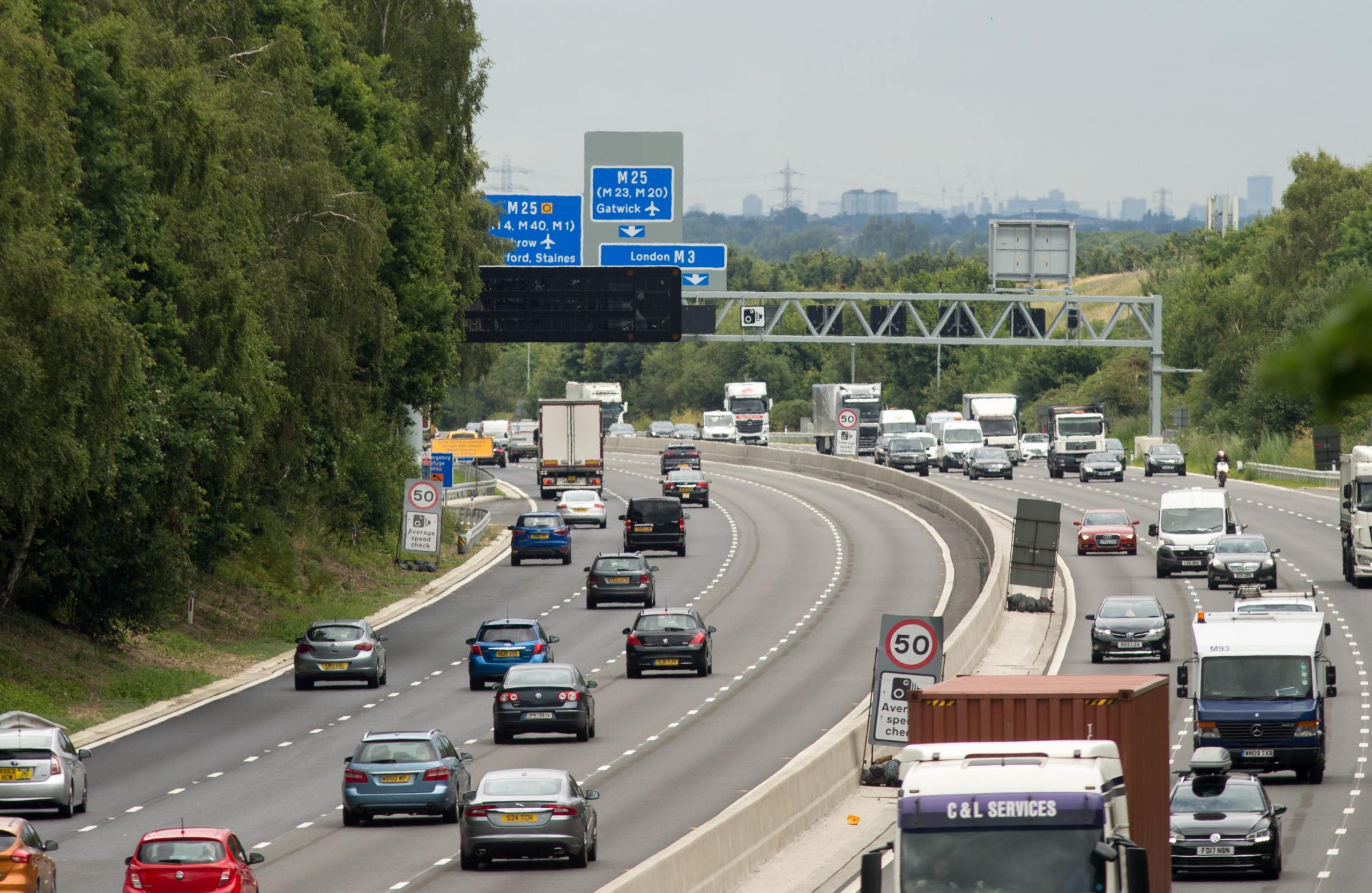People who drive their car for work are being short-changed because the Government has not updated mileage rates for more than a decade, according to a report.
Analysis by motoring research charity the RAC Foundation found employees should be entitled to around 63p per mile tax-free when driving their own cars during work.
The rate, which is set by the Treasury, has been frozen at 45p per mile since 2011 despite large increases in motoring bills and inflation since then.
Someone covering 5,000 miles a year in their own car working for an employer that uses the tax-free rate only receives £2,250.
They would get an additional £900 under a rate of 63p per mile.
The study was conducted for a report by Unison into the impact of the rate freeze on frontline public service workers such as NHS, social care, police and local government employees.
The trade union said one in five workers in that category are required to drive for their job.
It found that some staff are using up annual leave or calling in sick because they have run out of fuel and cannot afford to fill up their vehicles.
Some social care employees have been forced to sell their cars to cover other payments, meaning they make fewer visits as using public transport increases travel times, according to the report.
The RAC Foundation analysis was based on Office for National Statistics figures showing the cost of motoring was 41% higher in April compared with the same month in 2011.
Cost rises affecting drivers over that period include tax and insurance (up 183%), maintenance (up 48%), vehicle prices (up 16%) and fuel (up 12%).
RAC Foundation director Steve Gooding said: “We know that some of our most important workers – those employed in health and social services, and in supporting roles – are being left out of pocket by the failure of ministers to sanction an uplift in the amount per mile they can receive tax-free for getting around to do their job.
“These aren’t board members and well-paid executives in new saloons, but key workers in five to 10-year-old cars who can ill afford to be subsidising the rest of us for the cost of carrying out their critical roles.
“Tax cuts might be off the Prime Minister’s agenda for the time being but, surely, fair tax treatment for these key workers should be a significant concern for the Chancellor in the face of a recognised cost-of-living squeeze.
“We think the Treasury should commit to an urgent review of the mileage rate and not leave it another decade before revisiting it again.”
Unison general secretary Christina McAnea said: “Mileage rates are woefully out of date. No-one should pay a penalty effectively for doing their job, least of all those providing vital services.
“Petrol prices have skyrocketed. Care workers, nurses and other frontline employees can barely make their incomes stretch to cover the basics, let alone the costs of using their vehicles for work.
“The Government must tackle low pay now, not threaten to hold public sector wages down. Essential staff shouldn’t be out of pocket for going to work.
“A failure to act now risks worsening the already dire staffing crisis.”
Employers can pay their staff whatever they want when reimbursing them for driving for work in their own cars, but many use the 45p per mile rate to avoid tax implications.
A Treasury spokesperson said: “Whilst employers can reimburse at a higher level, the Approved Mileage Allowance Payments aim to reflect the average costs of running a vehicle, which in turn helps keep the administrative burden low and reimbursing simple.
“As we work to bring down inflation, we have also taken decisive action worth £94 billion to support drivers with the cost of living, which is worth £3,300 on average per household over this year and last and includes a two year 5p fuel duty cut worth £200 for drivers.”

